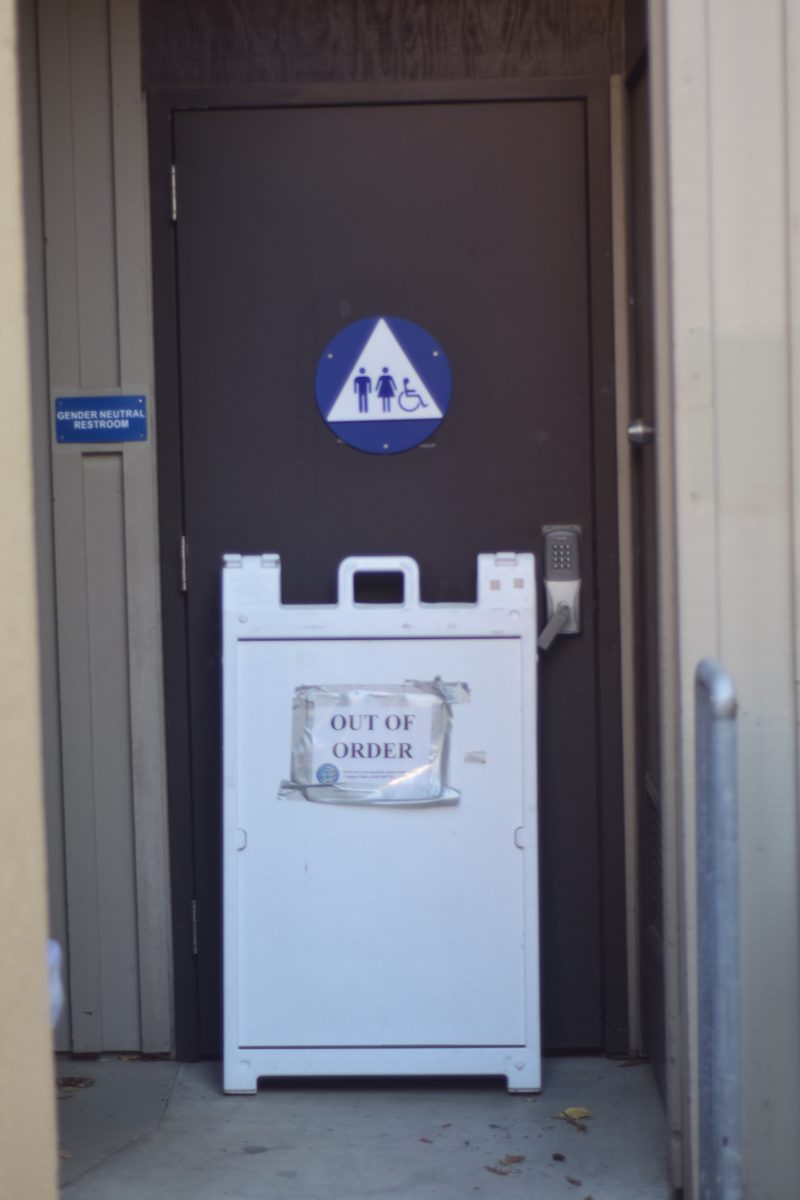Finals. They can make you or break you. All that hard work you did over the quarter? Gone. Because of the GPA destruction they pose, I don’t like finals as the sole contributor of grades.
Sure, a comprehensive test of accumulative knowledge can work, but it disregards all the previous work done throughout the quarter/semester. Sometimes mistakes happen, careless or not, and there are reasons abound for a student doing poorly on a comprehensive final; they didn’t have time to study as hard that class as they did for a more “important” class because the finals fell on the same day.
The all-encompassing final also weights questions that don’t do justice to the student’s work throughout the class. This type of final requires a mandatory all-nighter that leaves students tired, burned out and ignorant as cramming is ineffective.
Chris Gambon wrote “Ill effects of cramming before the test a no-brainer, study says” for the Daily Free Press. In the study Nate Kornell, assistant professor of psychology at Williams College, said regular testing is the best way for students to retain information learned, though it may seem arduous at times. The psychology term is known as “the spacing effect.” It earns its name from the concept that remembering items in a list is easier when the list is studied over a long period of time, in spaces, rather than a repeatedly for a short period of time.
Now, the final shouldn’t be weighted too little as to not count, as that would be a disservice to both the instructor and the student, but it also shouldn’t have the potential to ruin a quarter’s worth of work as well. High percentage finals leave little room to value attendance, participation, essays and projects, quizzes and anything else an instructor deems important to assess.
Preferably, the range would be roughly 30 percent of a quarter’s grade.
To me, it’s more important to weight participation and quizzes, as it gives a better assessment to a student’s knowledge. It also means I won’t be cramming or pulling an all-nighter to make sure I pass. By having other factors be a bigger part of the grade, students are encouraged to work harder during the quarter rather than slack and study hard at the end. Periodic studying and participation will also help students alleviate their stress when their accumulative knowledge is tested.
Knowing this, I want an instructor to help me learn, give out more quizzes and tests that will help me in the long run. Sure, it’s more work for the instructor and studying for me, but that’s the point of taking classes.








